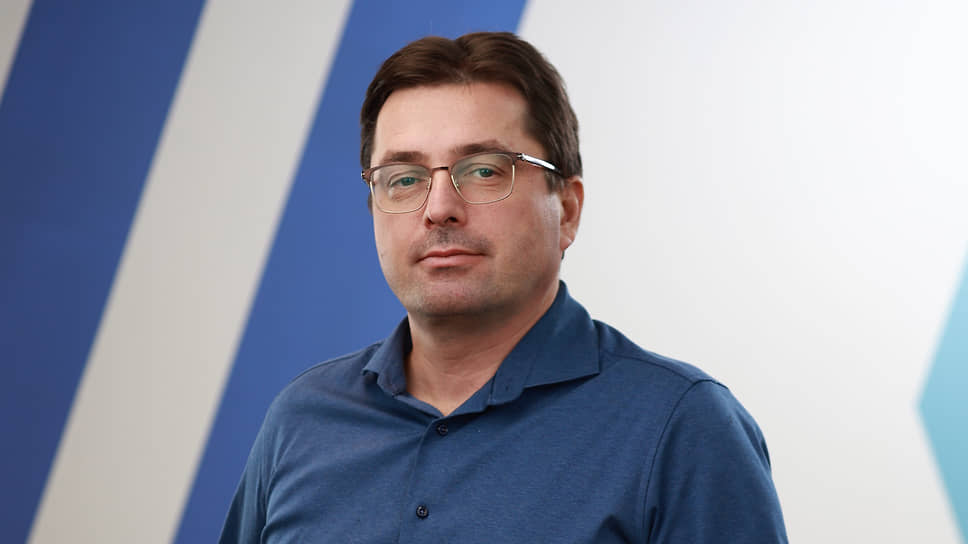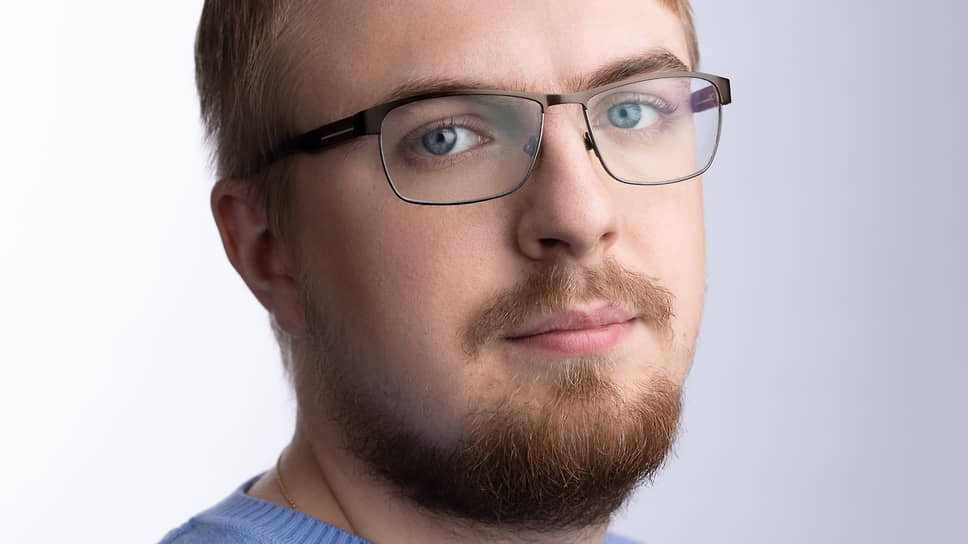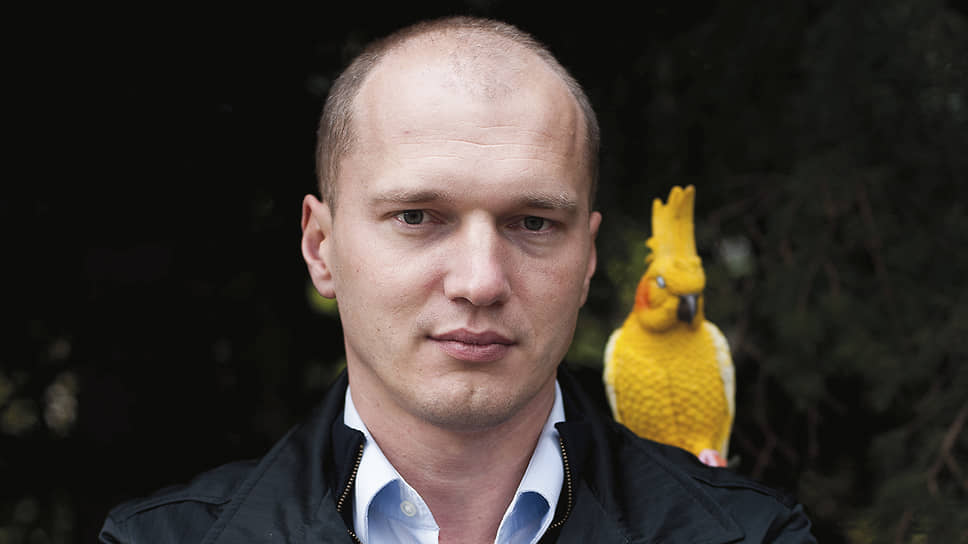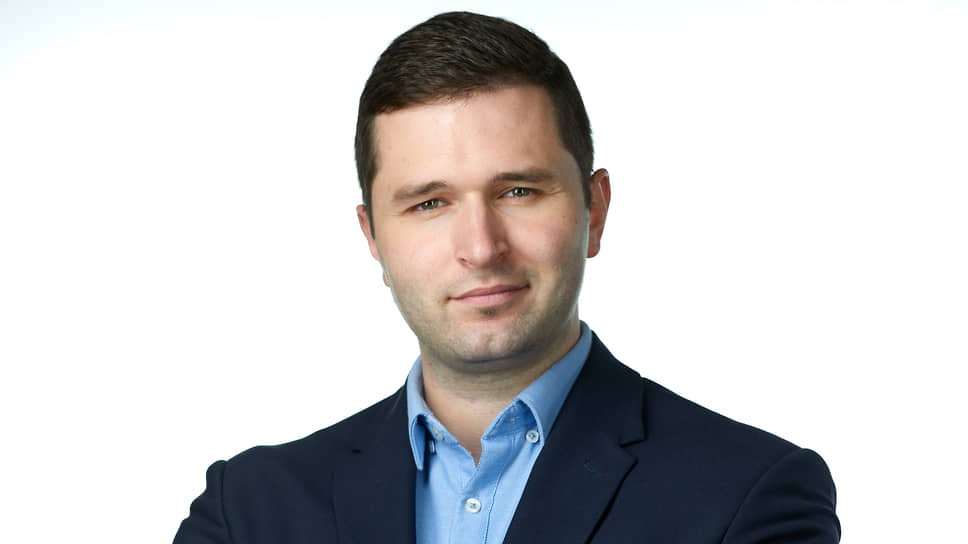“Robots perform tasks at any time, without errors, do not get tired and are not creative”
[ad_1]
Vladimir Vertogradov, Vice President of the LANIT Group of Companies, Managing Director of Norbit:

Photo: LANIT
– We replace, but not people. We delegate their tasks to robots. We transfer the routine to “smart” assistants, and people manage them, saving the resource for more important things. Robots perform tasks at any time, without errors, do not get tired and are not creative. They are also communicatively assertive. Efficiency does not depend on mood. Now we are working on adding emotions to them.
Sergei Shilov, President of the Digital Economy League:

Photo: Digital Economy League
“I would not trust either my work or the work of my colleagues. Man is an unsurpassed creation of nature, and artificial intelligence is just created to help him. AI should never control humans. It can and should be used to solve structured routine tasks, but only under human control.
Julia Demchenko, HR Managing Director Lamoda:

Photo: Lamoda
– Hardly. At least in the short term. Of course, it will be great if, with the development of AI, it can take on more responsible tasks. For example, if we are talking about HR, then theoretically he could schedule interviews, send lists of documents for processing, and do technical screening. And HR specialists will have more opportunities and time to work with the best candidates, unlock the potential of employees, and develop it.
Mikhail Neverov, Director of Data Analysis X5 Group:

Photo: X5 Group
– Everyone saw the autopilot and predicted the death of the usual taxi. But ordinary cars still drive along the streets, and robots – only in a small area in the center of Moscow. Although technology already allows you to abandon the drivers.
The reasons are not only technical, a person is sometimes more profitable not only in terms of payment, but also for reasons of legislation or peculiarities of business processes. As part of any AI-based solution, there is always a specialist who manages and supports it – an operator, a developer. So our plans are to train employees to set tasks for AI and competently apply them in business, but not to replace people with robots.
Nikita Semyonov, Head of Research Center MTS AI:

Photo: MTS AI
— I would trust. Those who master the use of new tools better today will be more in demand. Recall previous examples of industrial revolutions, for example, the second, associated with the advent of machines, conveyors. Those who adapted and began to use new tools to improve their routine operations, they got the maximum. The third powerful revolution began with the advent of computers and automation. The fourth industrial revolution is associated with artificial intelligence. Of course, it will not completely turn over all industries, but with a high degree of probability it will “kill” some professions, and some will radically change.
Damir Battulin, Senior Vice President, Director of Digital Channels Development, Alfa-Bank:

Photo: Alfa-Bank
— In almost every solution for the client, we use AI technologies — they allow you to issue cards or mortgages faster, take care of the safety of people. We have trained AI to recognize fraudulent transactions.
But professions that require a combination of intellectual and creative solutions are always in demand. Where it is important to show a non-standard approach, put forward a non-trivial hypothesis. Specialists with such competencies – be it IT, digital or HR – will always be in demand. True entrepreneurial thinking, flexibility, responsibility and the ability to show empathy cannot yet be taught to robots.
Sergei Ryzhikov, co-founder of Bitrix-24 service:

Photo: Grigory Polyakovsky, Kommersant
“We are still far from completely replacing humans with AI, but the strengthening of functions, and sometimes a complete restructuring of what humans do, will occur in the next five years. There is a hierarchy of competencies in each profession, and AI will always eat up the bottom of each competency, where it will be replaced by robots.
Stanislav Kosarev, Deputy General Director of SberMedII:

Photo: Archive of Stanislav Kosarev
– The introduction of AI in ever new areas is a reality: in insurance, banking, medicine … In call centers, intelligent voice assistants are being improved to a level where it is already almost impossible to distinguish the answers of a robot from a living person.
But the creation of AI-based products themselves is the result of the work of a team of IT professionals. An example is the “smart” doctor’s assistant “TOP-3”, which was created back in 2020. The system is used in all adult polyclinics in Moscow by more than 3.5 thousand doctors, more than 9 million preliminary diagnoses have already been made. It allows you to remove the routine from the doctor, simplify the process of making an accurate diagnosis and treatment.
Igor Ashmanov, General Director of IT-company “Ashmanov and Partners”:

Photo: Emin Jafarov, Kommersant
“Having been developing AI for 35 years, I am sure that only idiots can make such a decision today. So far, this is at the level of a joke: “I bought an expensive refrigerator with AI. I approached him after six in the evening, and he blocked the door and said in a pleasant voice: “There will be a day – there will be food!”
Unfortunately, the current AI is degrading the quality of everything, including customer service. Fashionable chatbots reduce the load on contact centers, but mostly prevent getting support, rather than helping the user. The same story with machine translation from a foreign language – books are published that are impossible to read.
The most annoying thing is that people are starting to get used to it. In an attempt to get rid of hard work, which is probably God’s punishment, there is nothing wrong with automating mechanical work. More frightening is the willingness of many people to be a small robotic servant under an omnipotent AI.
Alexander Manenok, General Director of the Askona group of companies:

Photo: Askona Group of Companies
— Business processes, audit, control, task setting, all this systemic, predictable routine — I would be happy to entrust. But the strategic development of the company and the management of people is not. Because people are something that cannot be given away. Communication with them is more than 50% emotional. Feeling, understanding people, even predicting, inspiring, motivating – this is not amenable to mathematical calculation today.
I understand that AI is already ready to paint pictures and write plays, but so far it is still far from the entrepreneurial creativity, from the visionary that a leader should have. Strategy – where to run and why there … Here you can calculate a million options, but the first million will work, logically incorrect. It’s about a leap of faith…
I think if AI had calculated the success of his first phone to Steve Jobs, he would have said: “Don’t do it, dude. Just take a Blackberry and upgrade.” Sometimes you need to take an illogical step, which will lead to success.
Vyacheslav Maksimov, Technical Director of Informzashchita:

Photo: Informzashchita
– AI technologies are not yet sufficiently developed to fully replace humans. When performing routine operations or analyzing data, especially in large volumes and in a short time, AI is already helping. But neither the technology nor the legal field has matured yet. I wouldn’t trust a robot to make big decisions, and who would be responsible for the damage (for example, to people’s lives) due to AI errors?
Konstantin Lachman, Head of Computer Vision and ML Applications at Yandex:

Photo: Yandex
– For us, machine learning algorithms and models are not a replacement for specialists, but tools that permeate all the company’s services. In particular, we are already using generative textual neural networks in the formation of search results.
Intuitively, it seems that if a tool appeared that can partially do the work of a person, there should be fewer such specialists. But in recent years, despite the simplification of the toolkit, there have been more developers, designers and illustrators too. The need for such specialists is growing faster than the tools are improving.
[ad_2]
Source link








